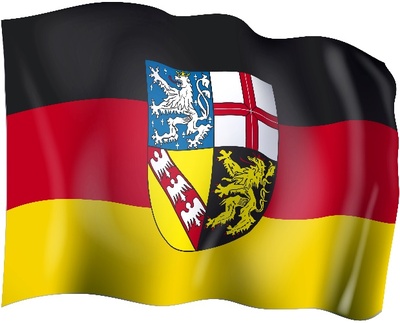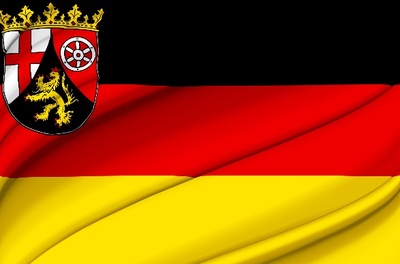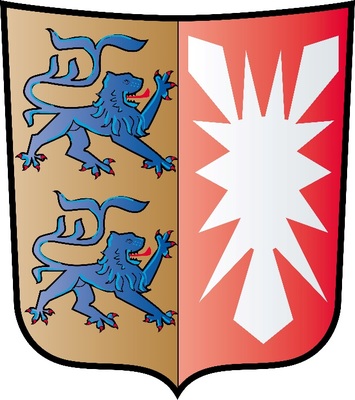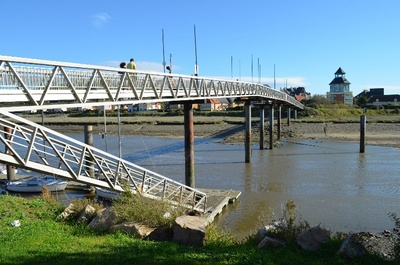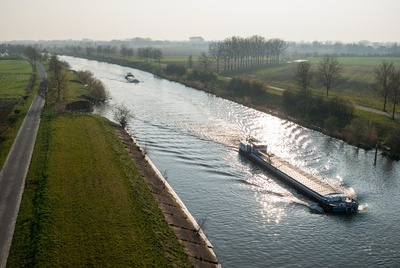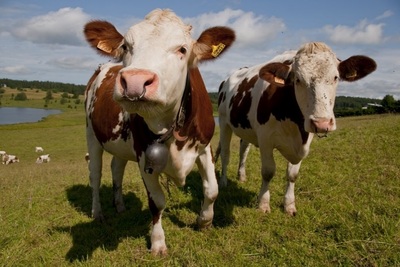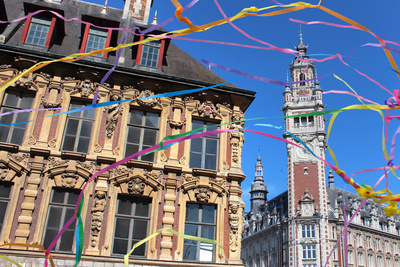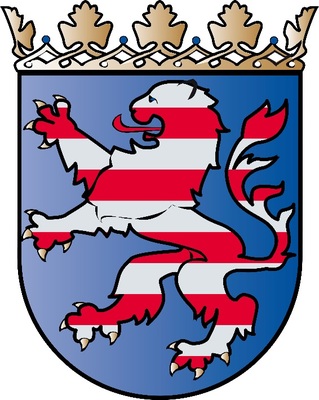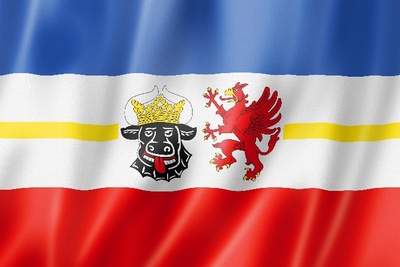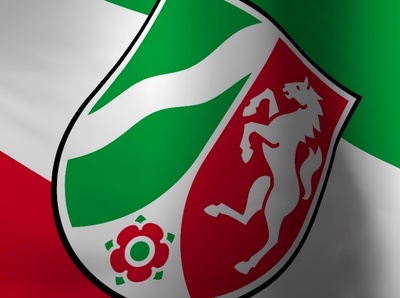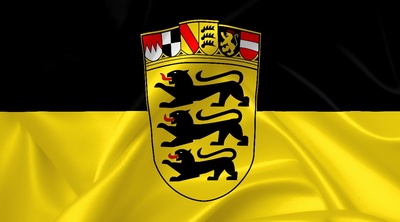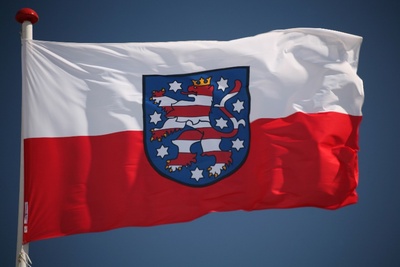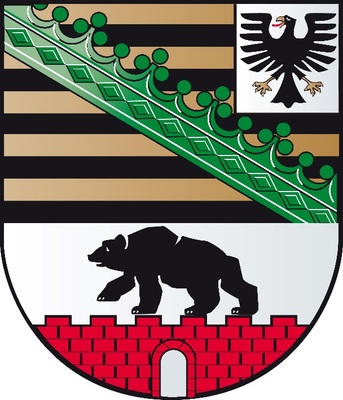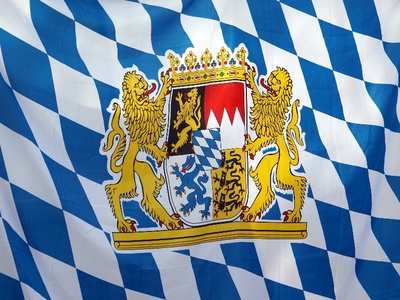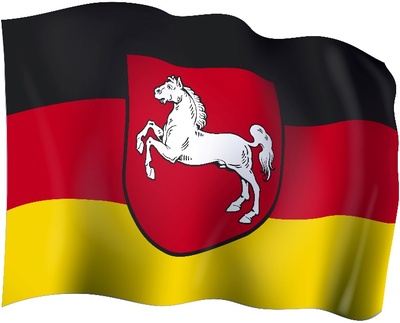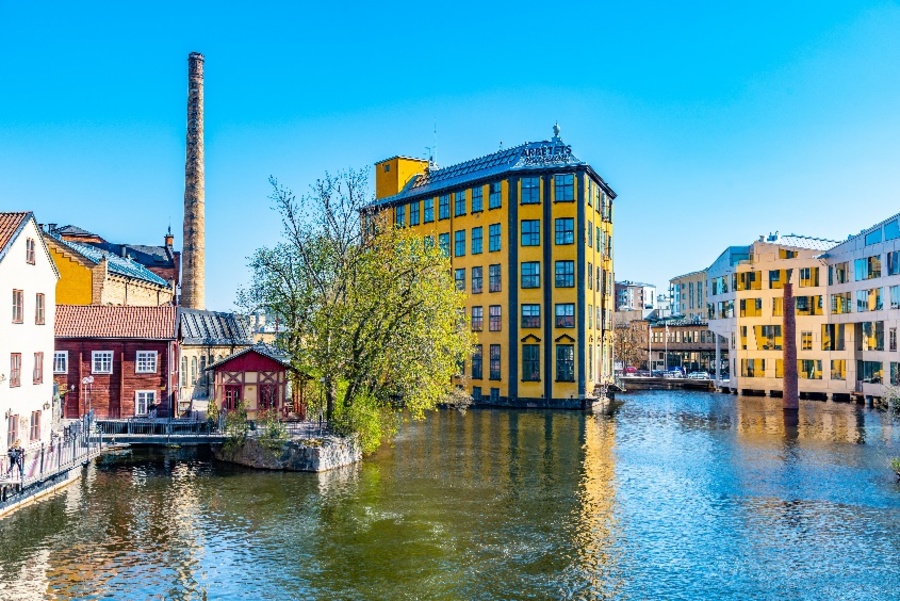
Norrköping, Sweden
- Add to favouritesNorrköping
- Download

Norrköping is the second-largest municipality in the province of Östergötland. The city has been an important centre of trade and industry for centuries. By the 1600s it had both paper and textile industries, as well as weapons manufacturing. Iron bars were exported from the harbour at Bråviken. Today, its key industries are paper and pulp, logistics and transport, and tourism and events. Norrköping is also home to a campus of Linköping University.
Examples of projects and initiatives supported by the EU
Growth zone 2 - collaboration between research and business
Linköping Science Park is part of the Växtzon2 project, which promotes cooperation among science parks and business incubators in east-central Sweden (the region of Östra Mellansverige). The aim is to encourage more companies to grow their business by tapping into each other’s knowledge, skills and networks. The project is designed to help 240 companies move from start-up to scale-up, so as to create more jobs.
REACH - support for young employment seekers
The municipal authorities in Norrköping are involved in the REACH project, which aims to make it easier for young people aged 18-24 – many of whom are born outside Sweden – to access training and find jobs. The project offers bespoke support for young people who aren’t in employment or education and those at risk of social exclusion and marginalisation.
Hope - development in organic and printed electronics
Norrköping Science Park is spearheading the Hope project, the aim of which is to create an open platform to speed up the development of companies in the organic and printed electronics sector. This technology – which, importantly, is sustainable and has a minimal impact on the environment – can be used in many ways, such as for smart labels that monitor temperatures in the transport of medicines, and solar cells that can be printed on super-thin plastic film.
Reduced climate impact from use of plastic in municipalities
‘Jakt på plasten’ is a project geared towards reducing the climate impact of plastics used in municipal activities. The aim is to cut the amount of plastic bought via public procurement at municipal level, and to purchase only recycled or renewable plastics from 2030. It is hoped that the project will find new ways of using procurement to effect positive change for the environment, the climate and the circular economy.
- Further information
Swedish Agency for Economic and Regional Growth, https://tillvaxtverket.se/english.html
European Parliament Liaison Office in Sweden, https://www.europarl.europa.eu/sweden
EPRS | European Parliamentary Research Service , https://epthinktank.eu/

















































